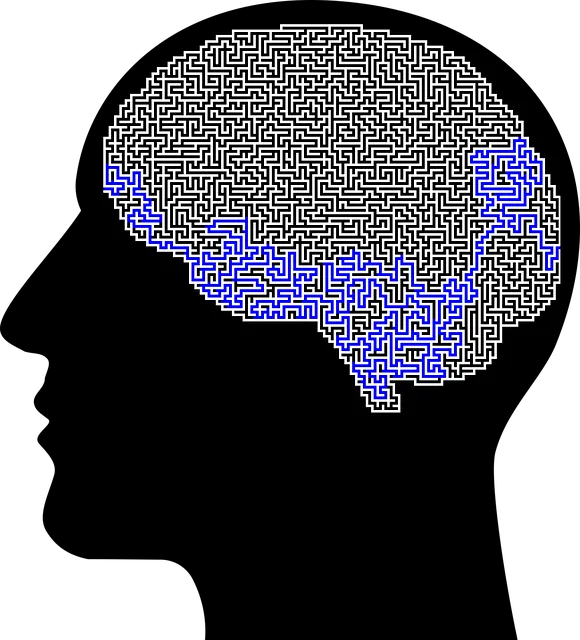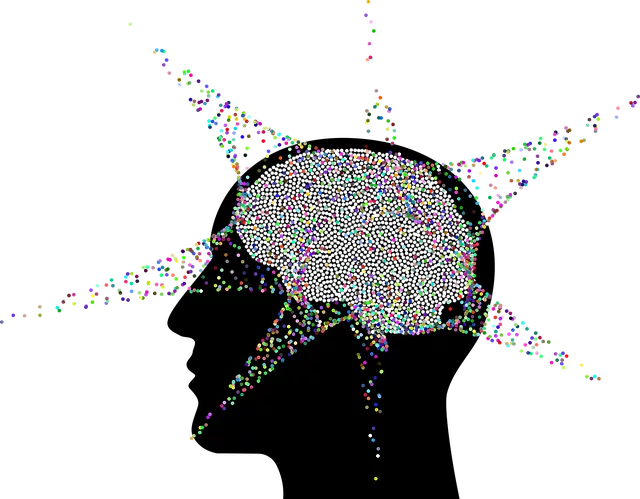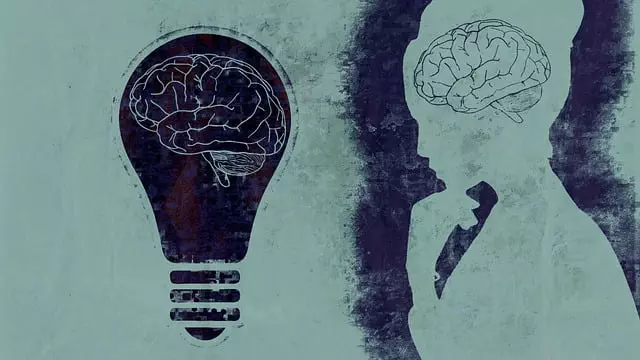Louisville Kaiser Permanente's mental health department employs a strategic RFM model (Strengths, Weaknesses, Opportunities, Threats) to enhance resilience among staff and patients. By identifying personal strengths and addressing threats, they build emotional intelligence and confidence, fostering holistic well-being. Innovative initiatives like self-awareness exercises and positive thinking techniques prevent burnout, improve patient outcomes, and cultivate a culture of learning and growth within the department. Regular evaluation using evidence-based methods tracks key performance indicators to ensure tailored programs meet individual needs.
At Louisville’s Kaiser Permanente mental health department, a unique approach to employee well-being has emerged—the implementation of RFM (Resilience, Flexibility, and Mindfulness) exercises. This strategy focuses on building resilience, enhancing coping mechanisms, and promoting mental agility. The article delves into the effective integration of RFM within the organization, exploring its positive impact on the workforce. Through a structured program, Kaiser Permanente Louisville demonstrates a systematic approach to improving employee mental health, leveraging specific exercises tailored to their needs, and measuring success with notable results.
- Understanding RFM and its Role in Resilience Building
- Implementing Exercises for Mental Health at Kaiser Permanente Louisville
- Measuring Success and Continuous Improvement Strategies
Understanding RFM and its Role in Resilience Building

Resilience is a vital component of overall well-being, and the RFM (Strengths, Weaknesses, Opportunities, and Threats) model offers a strategic framework to enhance it. This simple yet powerful tool has been widely adopted in various sectors, including mental health services, to foster resilience among individuals. Louisville Kaiser Permanente’s mental health department has recognized the potential of RFM as a key component in their comprehensive approach to patient care. By analyzing Strengths and Opportunities, individuals can build confidence and emotional intelligence, essential skills for navigating life’s challenges.
The process involves identifying personal assets and areas for growth, which then guides the design of tailored mental health education programs. This proactive approach empowers people to take charge of their mental well-being by addressing potential Threats while leveraging their Strengths. Incorporating RFM into therapy or self-improvement plans can lead to significant improvements in resilience, enabling folks to overcome obstacles and thrive despite life’s ups and downs.
Implementing Exercises for Mental Health at Kaiser Permanente Louisville

At Louisville Kaiser Permanente, the mental health department plays a pivotal role in fostering resilience and implementing exercises to combat burnout among healthcare providers. Recognizing the profound impact of stress and fatigue on medical professionals’ well-being and patient care, the facility has integrated innovative strategies into their routine practices. Among these initiatives, self-awareness exercises and positive thinking techniques are being actively promoted as essential tools for maintaining mental fortitude.
These exercises are tailored to address the unique challenges faced by healthcare workers, focusing on stress management, emotional regulation, and cultivating a sense of inner calm amidst the demanding nature of their work. By prioritizing burnout prevention strategies, Louisville Kaiser Permanente is not only ensuring the well-being of its dedicated staff but also enhancing patient outcomes through a holistic approach that values mental health as a cornerstone of comprehensive care.
Measuring Success and Continuous Improvement Strategies

Measuring success is a pivotal aspect of RFM and resilience-building exercises within the Louisville Kaiser Permanente mental health department. By employing evidence-based evaluation methods, the department can assess the impact and effectiveness of these initiatives on patients’ emotional healing processes. This involves tracking key performance indicators (KPIs) such as improved patient engagement, enhanced coping strategies, and reduced symptoms of mental illness. The data collected from these assessments provides valuable insights for continuous improvement strategies.
Through regular feedback loops and ongoing monitoring, the mental health department can adapt their programs to better meet the unique needs of patients. This iterative process fosters a culture of learning and growth, ensuring that services remain relevant and effective in addressing the evolving landscape of mental illness stigma reduction efforts. By integrating compassion cultivation practices into these improvements, the department not only enhances emotional healing but also cultivates a supportive environment that encourages resilience and overall well-being.
The implementation of RFM and resilience-building exercises within the mental health department at Louisville Kaiser Permanente has shown promising results. By integrating these strategies, the healthcare provider can enhance employee well-being and, ultimately, improve patient care. The success measured through surveys and feedback highlights the positive impact on the workforce’s mental resilience. Moving forward, continuous improvement is key, and further customization of these exercises to meet the unique needs of Louisville Kaiser Permanente’s diverse staff will ensure long-term benefits for both employees and patients alike.






